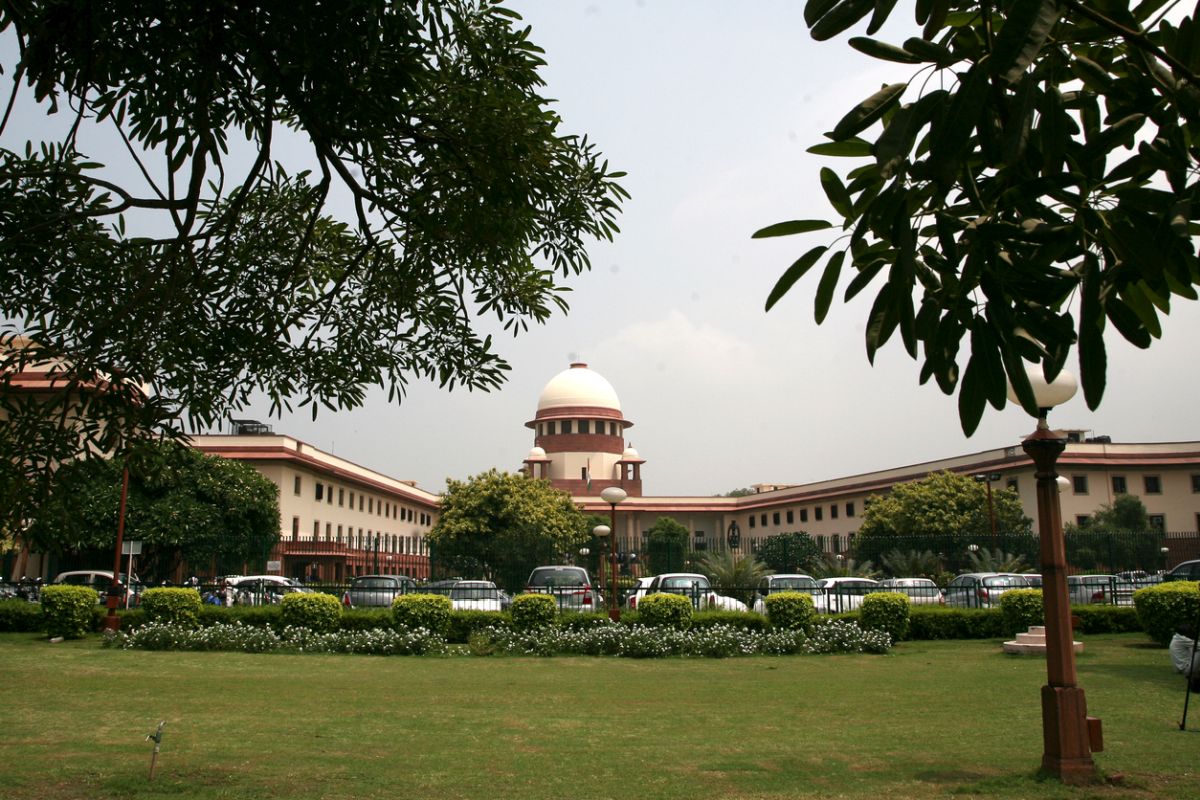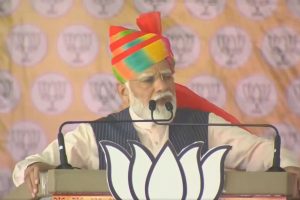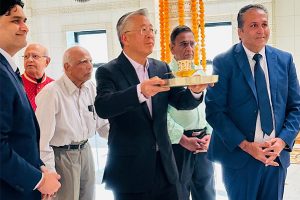The generally decrepit rural health service will hopefully be spruced up with the Supreme Court’s directive to state governments to implement the condition on compulsory bond for those medical students who seek admission to postgraduate and specialised medical courses.
It will thus be mandatory for doctors to serve in public hospitals in rural India after passing out with degrees in advanced medical science. As often as not, such embroideries are used for treatment in sleek private hospitals and nursing homes in the urban areas, where medical care is only for those who can afford it. The dichotomy between two categories of patients ~ urban and rural ~ is unethical, verily a travesty of the Hippocratic oath.
In West Bengal, for instance, successive dispensations have failed to implement the condition on compulsory rural service before being considered for appointment in government hospitals. Admittedly, highly qualified doctors are loath to serve in the villages where hospital facilities are appalling at “best” and non-existent at worst. To execute the order of the apex judiciary (coram: L. Nageswara Rao and Hemant Gupta, JJ), it becomes direly imperative for the state government to effect a dramatic revamp of the rural health facilities and improve the service conditions of doctors and medical staff generally.
It will not be enough to merely daub the buildings in the Chief Minister’s favoured hues of blue and white. Mamata Banerjee is in overall charge of health; more the reason, therefore, that an essay towards improvement of rural healthcare must of necessity be initiated with urgent despatch. This is the prerequiste; compulsory rural health service will logically follow. No less alarming is the trend among certain doctors to quit government service after a brief stint in rural Bengal, indeed a trend that is suggestive of a degree of frustration.
One must concede that the southern states have fared better than the rest of the country. The Supreme Court has conveyed a robust message that must resonate in the portals of the medical profession. “The government spends a huge sum of money on each medical student. The condition is not illegal and arbitrary and is meant to ensure that specialist healthcare is extended to rural areas”.
Fundamentally, the court has articulated an index of public policy, indeed the Benthamite doctrine of the greatest good of the greatest number. Reasonably enough, the Bench has fixed the period of rural service at two years… with a whopping penalty of Rs 20 lakh in case of default. While the terms of the bond vary from state to state, a measure of uniformity can now be expected with the Supreme Court directing the Centre and the Medical Council of India to frame a uniform policy, to be applicable nationwide.
The order has been couched in the observation that “the objective is to protect the fundamental right of deprived sections to have basic health services.” It is a commitment to the nation by doctors on the make, one that is more critical than the pipe dream of a $ 5 trillion GDP.











